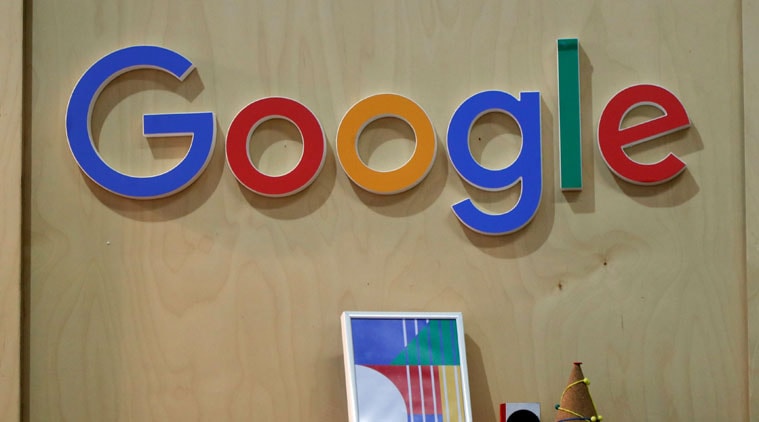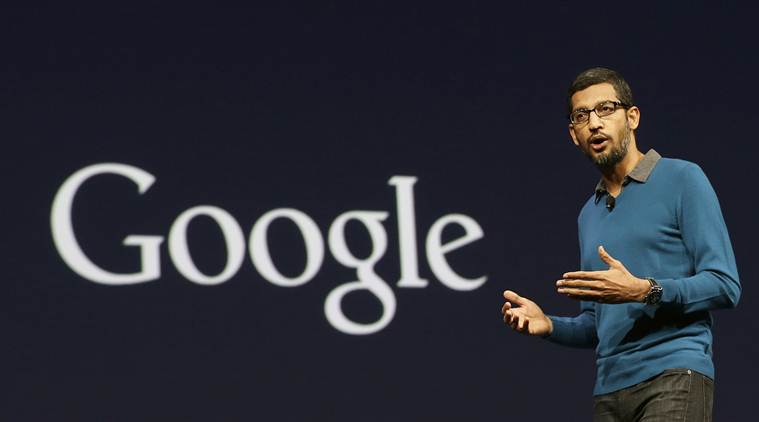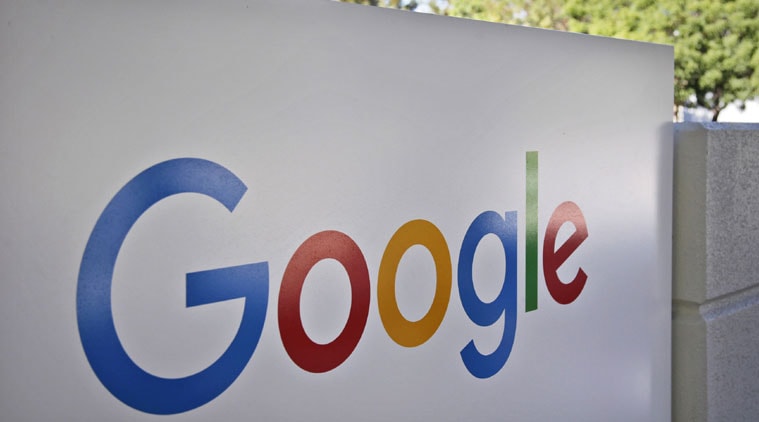 Google will build AI software for the military: Here’s why employees have resigned because of it
Google will build AI software for the military: Here’s why employees have resigned because of it
Over a dozen Google employees have reportedly resigned to protest the company’s involvement in a US Department of Defense project called Maven, according to a report by Gizmodo. This comes after nearly 4,000 employees signed a petition in April 2018, asking Google CEO Sundar Pichai to cut the company’s ties with the controversial Project Maven. The contract for Project Maven has been signed by Google’s Cloud unit and is a deal that could result in billions of dollars of revenue. So what exactly is Project Maven and why are Google employees resigning over this? We take a look below.
Why have Google employees resigned?
According to a Gizmodo report, about a dozen Google employees have resigned this month to protest the company’s continued involvement in Project Maven. Google employees who have resigned raised ethical concerns about the use of Google’s machine learning and artificial intelligence technology in helping with Pentagon’s drone warfare project. Gizmodo reports that the stories of the employees and the reasoning behind their decisions have been shared in an internal document, which has also been accessed by the news publication.
So what is Project Maven and why are Google employees opposed to it?
Project Maven is the US Defense Department’s project to rely on Artificial Intelligence and machine learning in order to make sense of the images captures by its aerial drones. Project Maven will look at computer vision, a field in which Google specialises. Computer is an aspect of machine learning and AI where the machine in question can recognise and classify objects that it sees. In other words, the drones could soon be able to identify what they see, thanks to the AI and ML tools, without relying on human interventions.
 Project Maven is the US Defense Department’s ambitious project to rely on Artificial intelligence and machine learning in order to make sense of the images captures by its aerial drones. Google CEO Sundar Pichai in this file photo.
Project Maven is the US Defense Department’s ambitious project to rely on Artificial intelligence and machine learning in order to make sense of the images captures by its aerial drones. Google CEO Sundar Pichai in this file photo.
One of the challenges for the US Defense Department is that the drones collect so much imagery, that classifying these images becomes a challenge for humans. AI and ML could change all of that, and that’s where Google with its prowess in computer vision could help. Again deep learning and neural networks would be used to help the drones recognise objects, and spot something that would be of interest to the military.
The fear among Google employees is that the company’s technology will be used to aid warfare and in killings. With Project Maven, the AI would be customised for US drone surveillance, and help in tracking objects, vehicles, etc in war zones. In March, it was reported that Google AI was used by the US Department of Defense to analyse drone footage. Google had replied then that was only providing TensorFlow application programming interfaces, or APIs, to the pilot project. TensorFlow is Google’s open-source library for AI capabilities like machine learning and computer vision.
What did Google employees write in the protest letter to CEO Sundar Pichai?
In the protest letter, which was sent in April 2018, Google employees wrote that the company should not be in the business of war. “Therefore we ask that Project Maven be cancelled, and that Google draft, publicize and enforce a clear policy stating that neither Google nor its contractors will ever build warfare technology,” reads the opening paragraph of the letter addressed to Pichai.
The letter adds, “Recently, Googlers voiced concerns about Maven internally. Diane Greene responded, assuring them that the technology will not ‘operate or fly drones’ and ‘will not be used to launch weapons.’ While this eliminates a narrow set of direct applications, the technology is being built for the military, and once it’s delivered it could easily be used to assist in these tasks.” Green is the head of Google’s Cloud business, which looks at the enterprise side of things.
 Google employees wrote in the letter dated April 2018, that the company should not be in the business of war.(Source: AP)
Google employees wrote in the letter dated April 2018, that the company should not be in the business of war.(Source: AP)
According to these Google employees, the company’s involvement in the project will “irreparably damage Google’s brand and its ability to compete for talent.” The letter also talks of “biased and weaponized AI.” The letter mentions Google’s motto “Don’t Be Evil,” and how the company cannot “outsource the moral responsibility of our technologies to third parties.”
According to the Google employees, the contract with Pentagon puts “Google’s reputation at
risk…” The letter ends by saying that Pichai needs to cancel this project immediately and “draft, publicize, and enforce a clear policy stating that neither Google nor its contractors will ever build warfare technology.”
Google CEO Sundar Pichai had declared that the company was working on a draft policy on the ethics of its AI and ML tools, but that policy is yet to be made public.